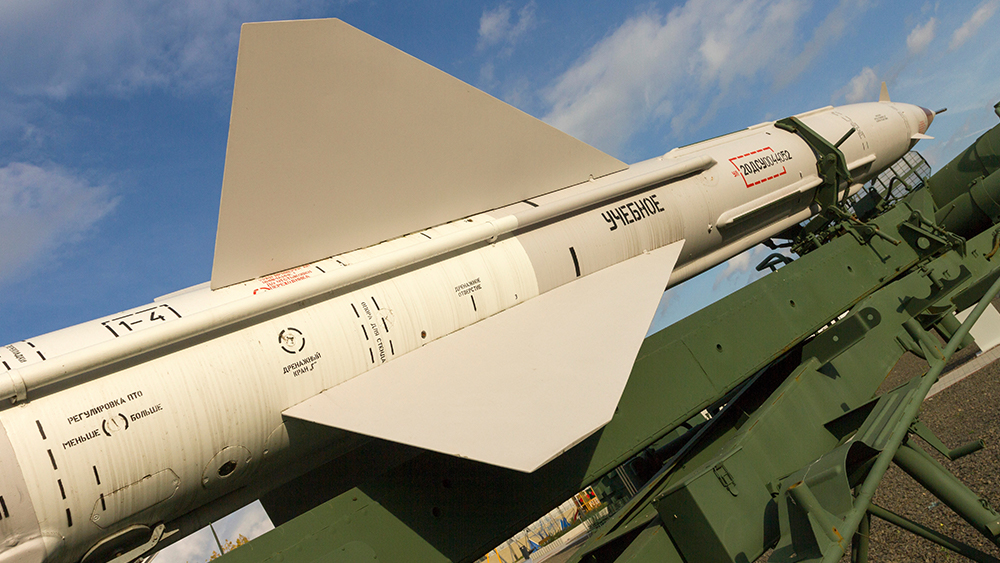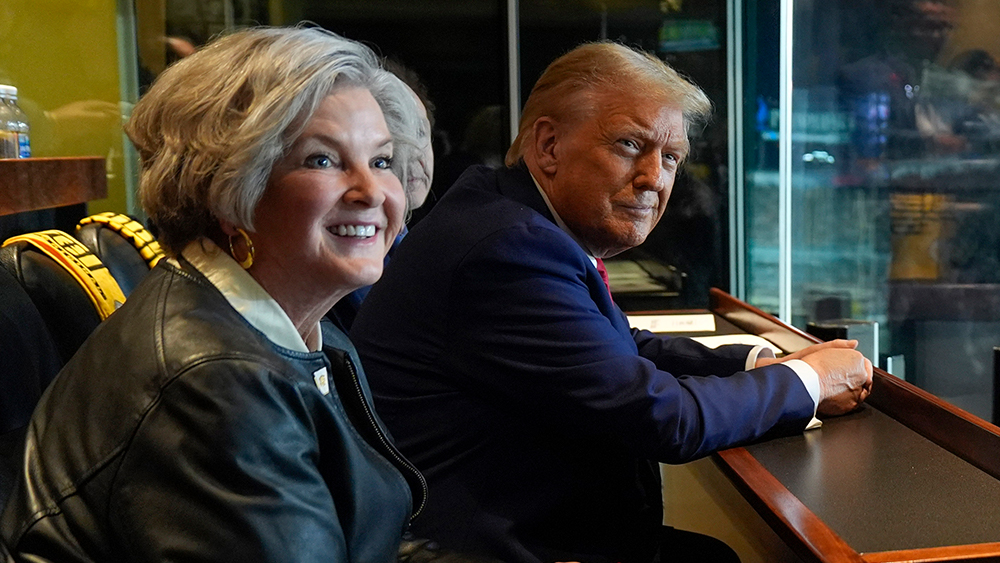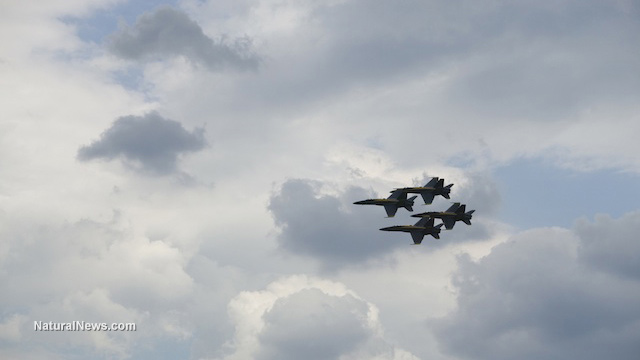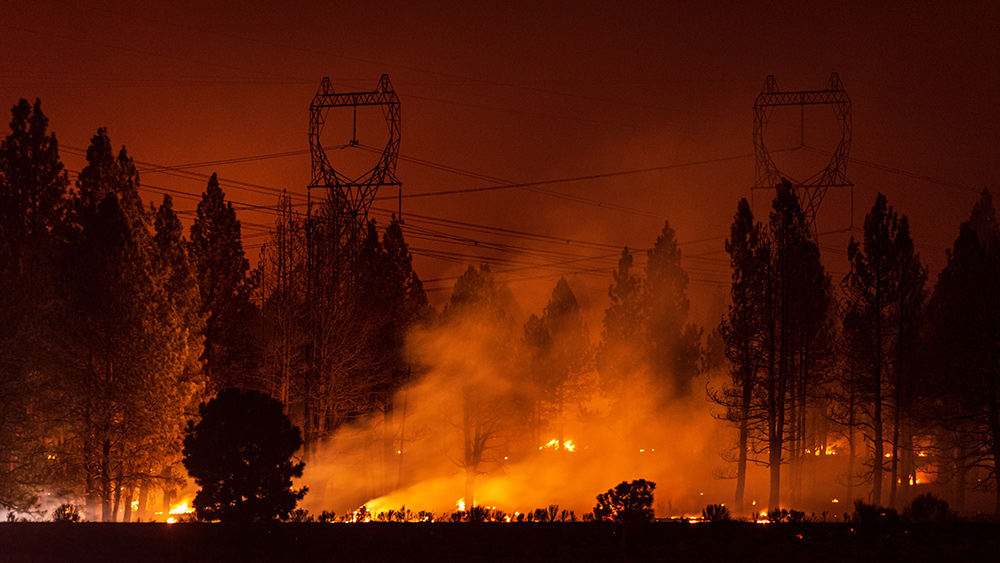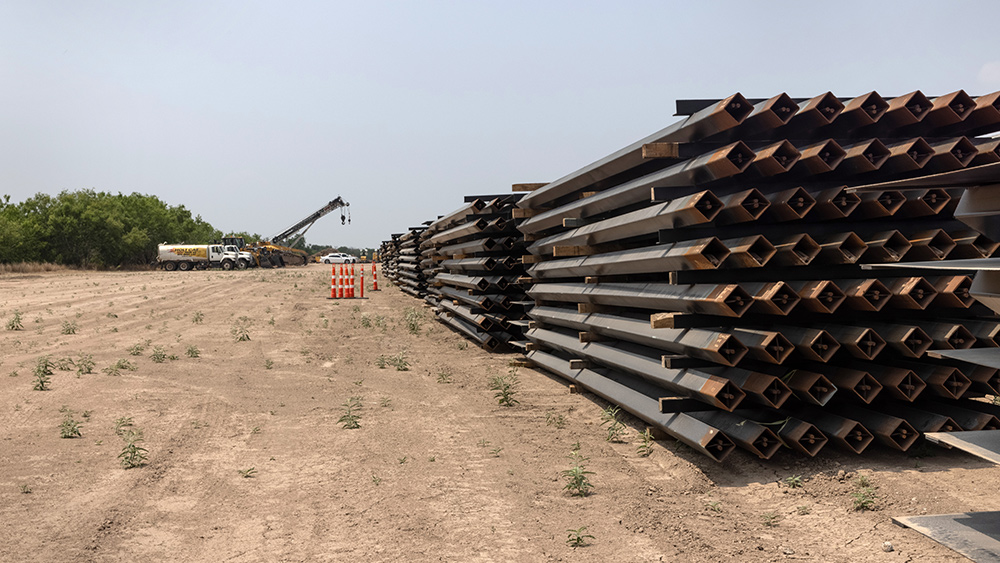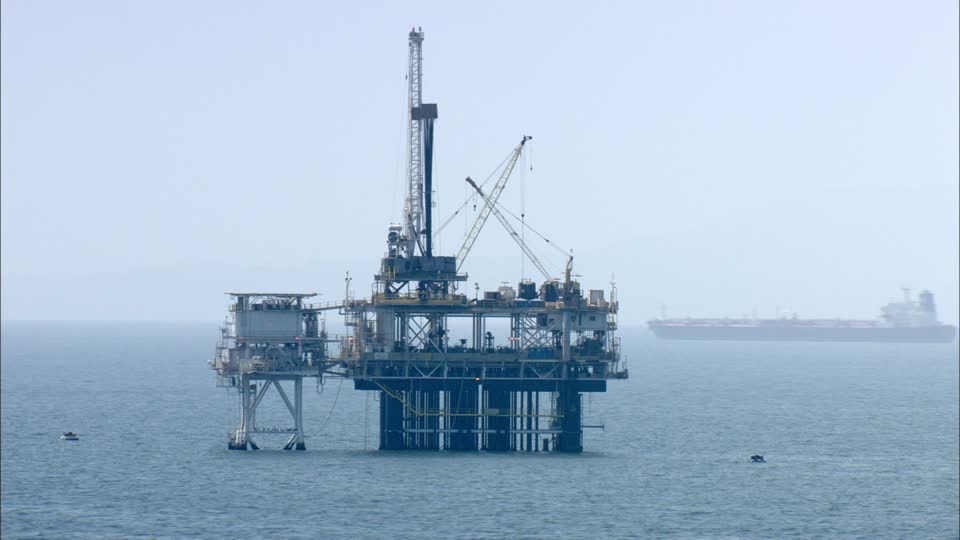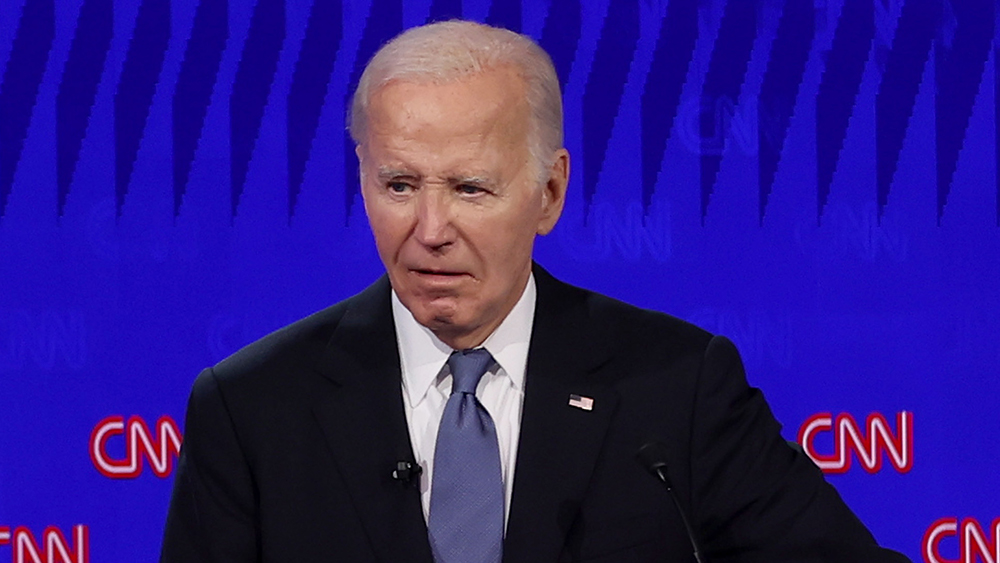Iran reaffirms support for Lebanon as ceasefire talks continue
By richardbrown // 2024-11-20
Tweet
Share
Copy

Ali Larijani, senior advisor to Iran's Supreme Leader, visited Beirut on Nov. 15 to express his country's unwavering support for Lebanon amid its ongoing conflict with Israel and reports of developments in ceasefire negotiations.
During his meeting with Lebanese Parliament Speaker Nabih Berri, Larijani reaffirmed that standing by Lebanon is a core duty of the Iranian government. He declared, "Hezbollah is a steadfast movement, the Lebanese people are resilient, and Iran will continue to support the resistance."
Larijani's visit coincided with ongoing efforts by Berri to negotiate a ceasefire with United States special envoy to Lebanon Amos Hochstein. The Lebanese speaker has been involved in diplomatic talks aimed at halting the conflict between Hezbollah and Israel, which began following the escalation of hostilities in Gaza.
In discussing the ceasefire talks, Larijani said: "We are working to solve the issues, but Netanyahu is the one sabotaging efforts. You must distinguish between friends and enemies."
Meanwhile, U.S. Ambassador Lisa Johnson presented a ceasefire proposal to Berri, which was subsequently shared with Hezbollah for review. According to reports, Hezbollah is studying the proposal and will later inform Berri of its position. (Related: Iran’s Ayatollah Khamenei calls for GLOBAL MILITARY COALITION against Israel.)
The ceasefire proposal has drawn sharp criticism from the Lebanese media.
Lebanon's Al-Akhbar newspaper described the draft as a "unilateral U.S.-Israeli agreement," which Israel insists includes security arrangements, including the withdrawal of Hezbollah's forces from southern Lebanon. This reflects Israel's longstanding demand to diminish Hezbollah's military presence along the border. Hezbollah, however, has vowed to continue its resistance, asserting that it is defending Lebanon from Israeli aggression.
Lebanon asking for Iranian intervention to enforce a ceasefire
Larijani's visit also included talks with Lebanon's caretaker Prime Minister Najib Mikati, who urged Iran to help implement United Nations Security Council resolution 1701, which ended the 2006 Lebanon War, and to assist in achieving national unity in Lebanon. Mikati's comments reflect growing concerns within Lebanon about Iran's influence, particularly Hezbollah's dominant role in the country's politics. Larijani responded, stating: "We are here to show that we will stand by Lebanon, no matter the circumstances." On the ground, the violence between Hezbollah and Israel continues unabated. Israeli airstrikes on Lebanon have killed hundreds, including civilians. On Nov. 15, Israeli bombings targeted the southern city of Nabatiyeh, killing a family of five. Further airstrikes in Beirut’s southern suburbs and around Tyre province have damaged buildings, with significant casualties reported. A day earlier, an Israeli strike on a civil defense center in Baalbek killed 14 rescue workers, highlighting the growing intensity of Israel’s military operations in Lebanon. As the situation worsens, the Lebanese government remains divided on how to handle the escalating war. While some factions call for an end to the fighting through diplomatic channels, Hezbollah remains steadfast in its resistance, driven by its commitment to Lebanon's sovereignty and its military ties with Iran. Meanwhile, U.S. and Israeli pressure continues to mount for Hezbollah’s disarmament, a demand that the group firmly rejects. The ongoing conflict, which has killed more than 3,400 people in Lebanon and displaced many more, is deeply tied to broader regional tensions, including the war in Gaza. As the international community pushes for ceasefire negotiations, the situation in Lebanon remains precarious, with no immediate resolution in sight. Watch this clip with incoming U.S. Ambassador to Israel Mike Huckabee warning that Iran's days are numbered. This video is from the NewsClips channel on Brighteon.com.More related stories:
Israel conducted 106 airstrikes on Lebanon in 24 hours, killing 17 and displacing thousands amid escalating conflict. Former Israeli PM Ehud Olmert says Netanyahu is the real enemy – not Iran or Hezbollah. Local leaders condemn Netanyahu over failure to protect northern settlements from Hezbollah attacks. REPORT: Israeli airstrikes in southern Lebanon kill six medics, frustrating potential ceasefire talks. Iran sitting on "secret weapon" more powerful than nukes, general claims. Sources include: TheCradle.co APNews.com Brighteon.comTweet
Share
Copy
Tagged Under:
World War III Iran national security Israel foreign relations big government Hezbollah chaos peace talks dangerous ceasefire diplomacy Lebanon Najib Mikati ceasefire negotiations Israel-Hezbollah conflict Ali Larijani Nabih Berri
You Might Also Like
Russia pondering an Oreshnik missile strike on Zelensky’s HQ in Kyiv
By Ethan Huff // Share
Federal authorities arrest Arizona man for threatening to KILL Donald Trump and his family
By Laura Harris // Share
Several Trump Cabinet and administration nominees targeted with BOMB THREATS and SWATTING ATTEMPTS
By Arsenio Toledo // Share
Mike Adams: Globalists want NUCLEAR WAR to achieve DEPOPULATION and cover up their crimes
By Kevin Hughes // Share
By Arsenio Toledo // Share
